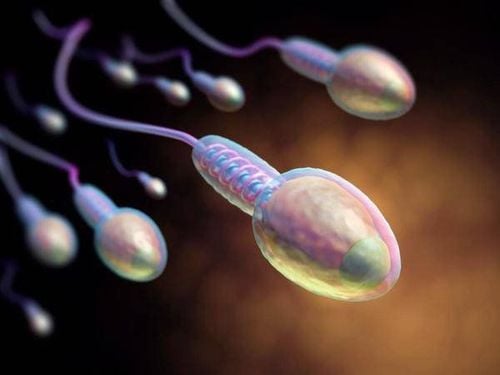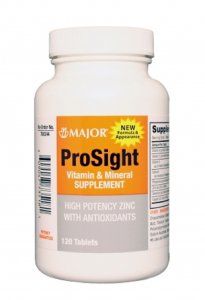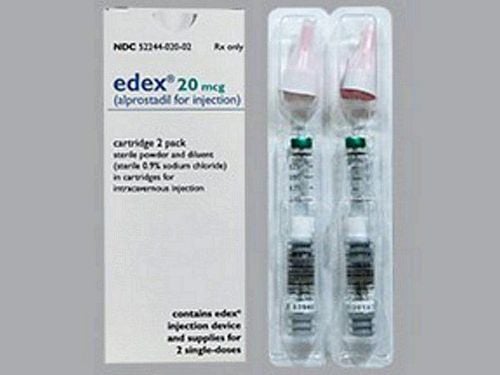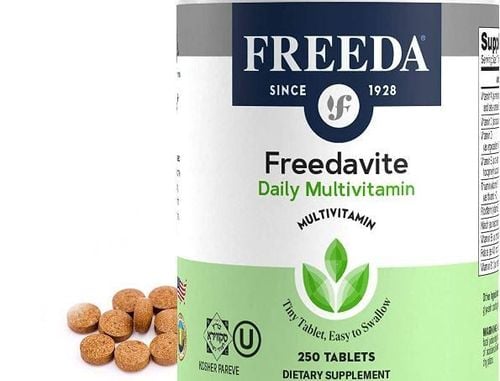This is an automatically translated article.
What to eat for healthy sperm is the question of many men. Building a healthy diet and exercising will help sperm quality in the best state. So, if you're trying to conceive, this would be the perfect opportunity to consider and make positive lifestyle changes.
1. Diet for men who want to have children
The basic rule to follow is that the diet should be balanced, varied and nutritious similar to that of expectant mothers. Eat a variety of foods from all food groups daily:
At least five servings of different fruits and vegetables. They can be fresh, frozen, canned or dried fruit, fruit juice or vegetable juice. Whole grains and potatoes provide fiber and carbohydrates, as well as important vitamins and minerals. Common foods that are derived from whole grains include whole wheat bread, brown rice, and pasta. Protein should be included with every meal, such as lean meat, fish, eggs, and legumes. Try to eat fish at least twice a week, including one serving of oily fish. Certain low-fat dairy products, such as semi-skimmed milk, yogurt, and cheese. Keep in mind that some yogurts may be packed with sugar, so try to find lower-sugar versions. Following these guidelines and keeping your weight within a reasonable range will answer the question of what to eat for healthy sperm? It is important to check that you are achieving the right balance with your daily intake.
2. What to eat for healthy sperm?
Certain vitamins and minerals can contribute to improving a man's fertility and helping to increase the odds of conception. However, we still need to learn more about the exact roles of each group of nutrients. If possible, try to get all the vitamins and minerals you need through your diet, rather than taking supplements. Foods that help increase sperm quality include:
Zinc: Zinc plays an important role in the process of conception. Studies of men with fertility problems have suggested that getting enough zinc can help increase sperm count per ejaculation (concentration) and improve the way they move. sperm. Food sources of zinc include meat, shellfish, dairy foods, bread and grain products.

Một số loại thực phẩm chứa kẽm tốt cho đàn ông muốn có con
Selenium: Selenium is essential for healthy sperm. There is some evidence that selenium supplements can improve the semen quality of men with fertility problems. Many studies have measured the effects of selenium along with other supplements. In one study, selenium combined with vitamin E improved sperm motility (motility) and shape (morphology), and resulted in increased conception rates. So selenium may work best as part of a varied, balanced diet. Food sources of selenium include Brazil nuts, fish, meat, and eggs. Vitamin D: Research shows that vitamin D may be important for good sperm motility (mobility). In a large study of infertile men, those with vitamin D deficiency had poorer sperm motility than those given adequate amounts of vitamin D. Our bodies make vitamin D in response to light. sun. We also get it through eating foods that contain vitamin D. Food sources of vitamin D include oily fish, red meat, liver, egg yolks, and foods fortified with vitamin D, such as margarine and some breakfast cereals. In the UK, sunlight is not strong enough for us to get enough vitamin D in autumn and winter. Therefore, to meet demand, the government's advice is to supplement 10 micrograms (mcg) daily.
Folic acid: As you probably know, every woman must take folic acid before becoming pregnant. But there is also limited evidence that this important nutrient may play an important role in the production of healthy sperm. However, more research is still needed to be certain about the effects of folic acid on male fertility. Husbands do not necessarily need to take folic acid supplements, but should add them directly in their diet. Folic acid, also known as vitamin B9, is found in foods including: broccoli, spinach and sprouts, whole grains, and beans. Coenzyme Q10: There is limited evidence that coenzyme Q10 is the same. As vitamins help improve sperm quality. This is probably related to its antioxidant properties. Even so, more research is still needed. Food sources rich in coenzyme Q10 include meat and fish, while vegetarian food sources include soybeans, peanuts, and sesame seeds. Other antioxidants: An antioxidant is a type of nutrient that helps protect cells from damage. There is some evidence to suggest that getting enough antioxidants can help protect sperm quality. Antioxidant vitamins include vitamins C and E and beta-carotene, a form of vitamin A. Eating lots of fruits and vegetables will give you plenty of antioxidants. If a couple is taking longer than usual to conceive, taking an antioxidant vitamin supplement can increase the chances of a healthy conception earlier. However, more research is needed in the area of male fertility to be certain of the effects of any particular nutrient. Today's most effective way to have healthy sperm is to aim for a varied diet with lots of different fruits and vegetables to make sure you're getting a variety of nutrients.
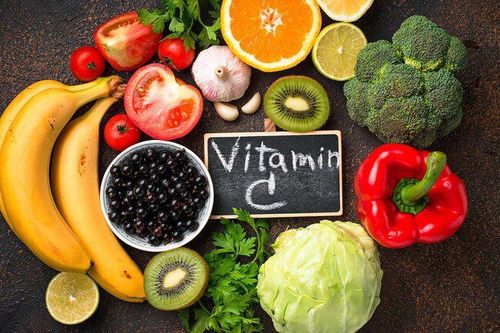
Vitamin C trong thực phẩm giúp đàn ông bảo vệ chất lượng tinh trùng
3. Sperm weight and quality
Maintaining a healthy weight is important for healthy sperm. Men who are overweight (with a BMI over 25) often have low conception rates. This result is even worse if you are obese (with a BMI of 30 or higher).
The good news is that losing weight has the potential to improve a man's sperm quality. It will also reduce the risk of health problems related to erectile dysfunction, such as heart disease and high blood pressure. Therefore, a reasonable weight is essential for the process of giving birth.
So there are lots of great reasons to get in shape before trying to conceive. Of course, this is easier said than done. If you find it difficult, contact the nutritionist directly.
4. Should you cut back on caffeine to improve sperm quality?
You can continue to drink coffee and tea. There is no solid evidence that caffeine can harm a man's fertility. Remember that a lot of drinks that contain caffeine, such as colas and energy drinks, are also high in sugar. If you're trying to get in shape for a baby, you should cut back on these drinks.
5. What about alcohol?
Heavy drinking is bad for a man's sperm and this can make it harder for you to conceive. So, if you're consuming large amounts of alcohol, it's best to cut back if you want to improve your chances of having a baby.
Current government advice for men is no more than 14 units of alcohol per week, which should be divided evenly over three or more days. There is no evidence that drinking alcohol in moderation affects a man's fertility.
It takes a man's body about 3 months to make new sperm. So any lifestyle changes you make now will have a positive effect on your fertility just months later. If you can commit to a few months of clean living and healthy eating, you'll be in your best shape to father a child.
Once the question is answered, what do healthy sperm eat, men should actively apply a diet for men who want to have children so that their health improves day by day to help the conception process easier. .

Nam giới nên đến gặp bác sĩ để có tư vấn chính xác nhất
Along with maintaining a healthy diet and exercise routine, you can also go to Vinmec Fertility Center to have specialist doctors, check and assess your health status and get medical treatment. in-depth consulting.
Currently, the hospital has successfully treated many couples with reproductive health problems. The examination is always performed by a team of highly qualified doctors with extensive training experience in leading centers around the world.
Proactive early treatment combined with the ability to synchronously and comprehensively deploy advanced assisted reproductive techniques, will help couples get closer to their dream of parenthood.
Please dial HOTLINE for more information or register for an appointment HERE. Download MyVinmec app to make appointments faster and to manage your bookings easily.
Reference source: whattoexpect.com





